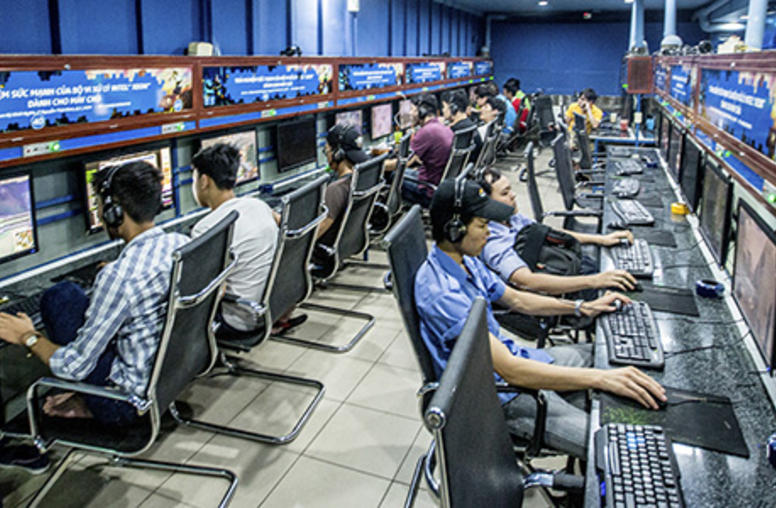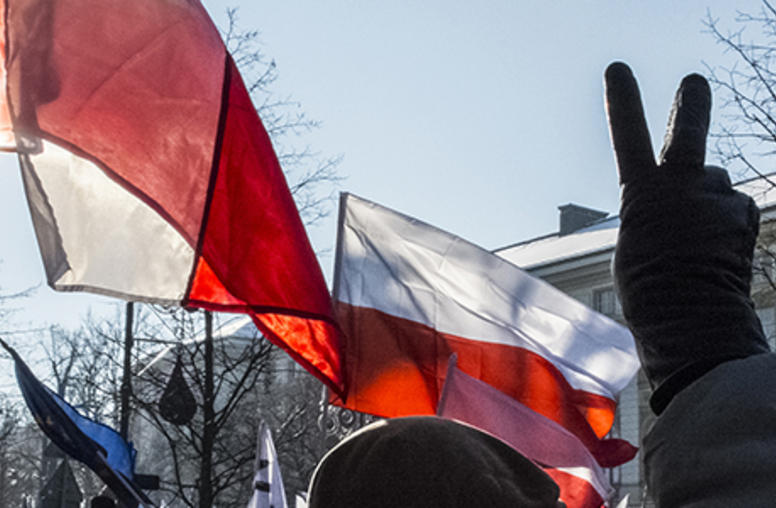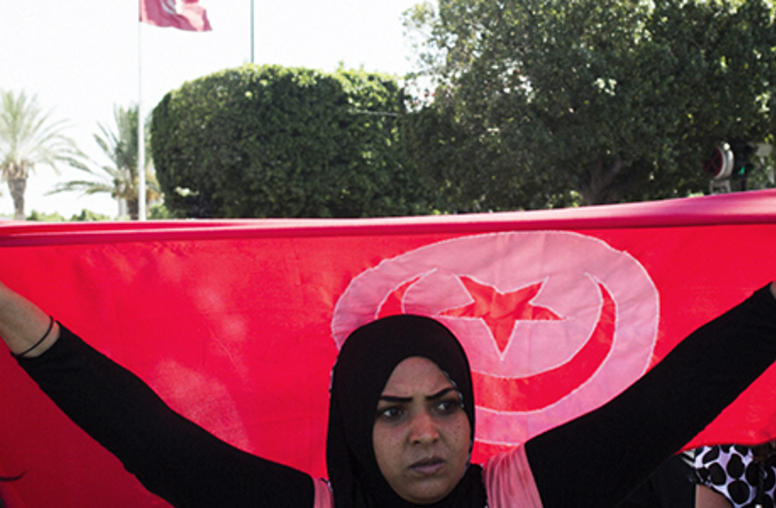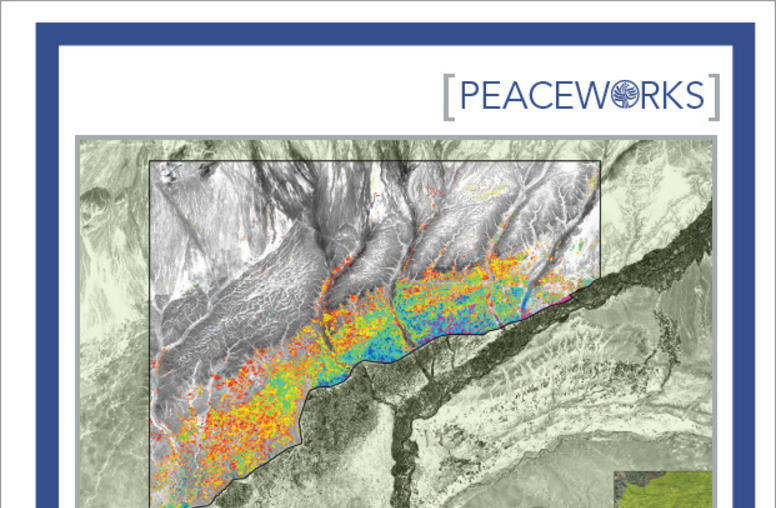Adapting Agricultural Extension to Peacebuilding
On May 1, 2012, the Roundtable on Science, Technology, and Peacebuilding – a partnership between the U.S Institute of Peace and the National Academy of Engineering – held a workshop in Washington, DC, to explore whether and how extension activities could serve peacebuilding purposes. This summary provides a synopsis of the day’s discussion.
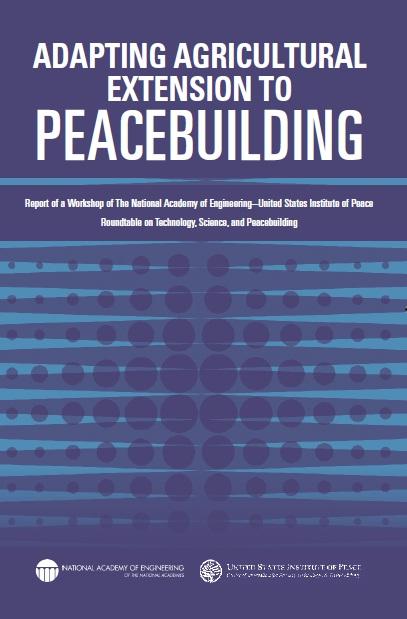
Summary
Extension services can profoundly affect farmers and their practice of farming. Ideally, these services are widely disseminated and closely integrated into local communities. Such characteristics suggest that extension activities can contribute to peacebuilding in countries beset by conflict. To realize such impact would, however, require organizational modification and enhanced skill and technical capacity to help agents engage effectively in such peacebuilding activities.
Ann Bartuska, Deputy Under Secretary for Research, Education and Economics at the U.S. Department of Agriculture, and Pamela Aall, Senior Vice President at the U.S. Institute of Peace, convened a group of experts in peacebuilding, agricultural extension, and development. The workshop’s goal was to identify what changes in organizational structure, technological infrastructure, and skill base would be necessary for agricultural extension systems to take on a role in peacebuilding
Co-published by the U.S. Institute of Peace and the National Academy of Engineering, this summary provides a synopsis of the day’s discussion. It is intended to help policy makers think through the issues associated with the use of extension systems to stabilize rural societies entering or emerging from conflict and help managers of extension reform projects in fragile environments design activities that promote peace.
